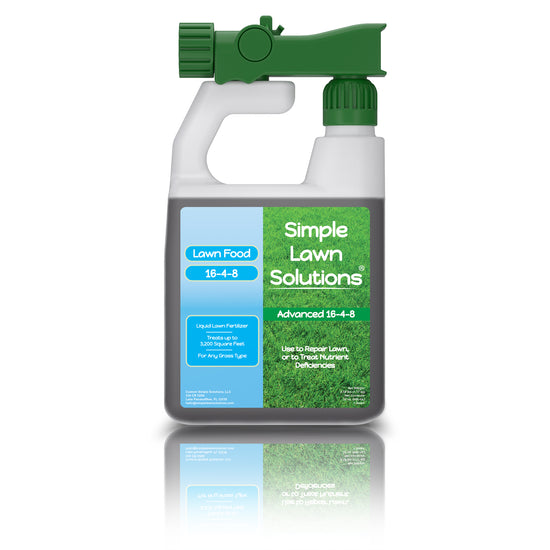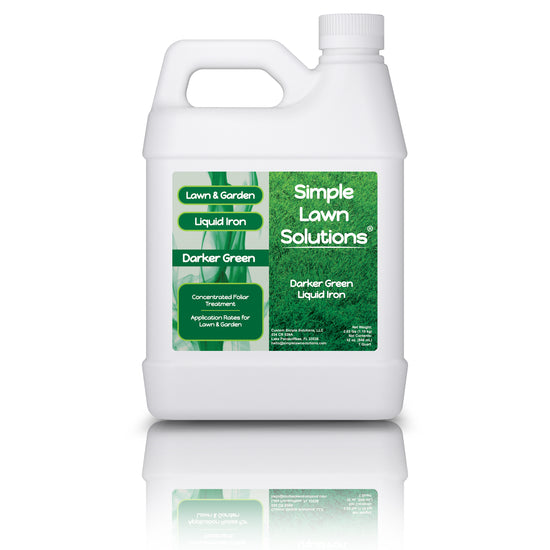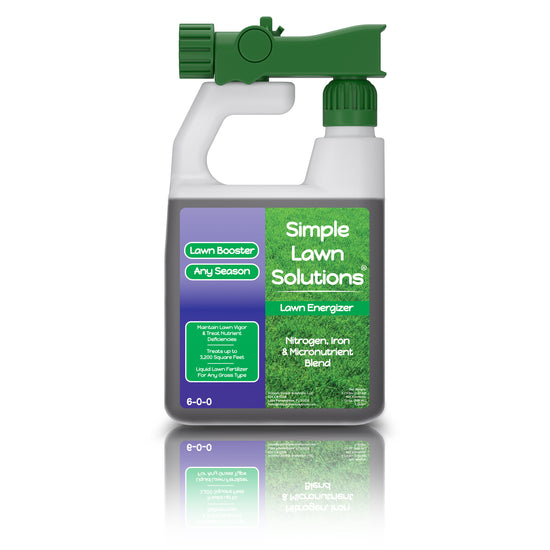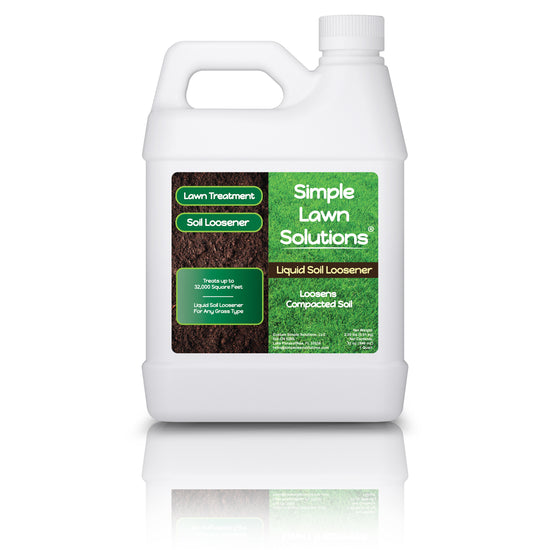Battery-powered lawn mowers: Make an informed purchase
As increased attention is being drawn to reducing the amount of carbon dioxide that humans are releasing into the atmosphere, gas-powered vehicles, machines, and tools have been placed in the hot seat for their contribution to increasing greenhouse gas emissions. In response to this, there has been a drastic increase in the production of battery-powered lawn equipment, specifically lawn mowers. Have you been considering switching to a battery-powered mower but just don’t know where to start? Maybe you think gas-powered mowers are the only machines capable of tackling the mowing of your thick, lush lawn. Maybe you’re waiting for your current gas-powered mower to kick the bucket before you decide to check out battery-powered options.

Benefits of battery-powered mowers
We’re here to tell you that these battery-powered machines are nothing to scoff at and in 2022, advances in battery technology have made these mowers run longer and stronger than ever before. In some cases, they’re able to generate more power than their gas-powered cousins. Battery-powered mowers eliminate that monthly trip to the gas station to fill up that 1-gallon gas tank and they do not directly emit pollutants to our atmosphere. Battery-powered mowers do not require oil changes, air filter changes, or spark plug changes. They eliminate the hassle of wasting half your energy ripping on a pull cord to start the mower. They’re also quiet, meaning you can get out and mow earlier or stay out mowing later without annoying your neighbors.
You’re probably aware that the world of battery-powered hand tools is saturated with companies and the world of battery-powered lawn mowers is no different. Different from gas-powered mowers, where 90% of the mowers are powered by either Honda, Briggs and Stratton, or Kohler engines, all you need is great battery technology to enter the market of battery-powered lawn mowers. One thing you’re likely to find out while researching new mowers is that it all comes down to the battery. Without the battery, these machines are useless. Therefore, you can find brands like Ryobi and Mikita, traditionally power-tool makers, in the densely populated battery-powered mower scene. When I say densely populated, I’m referring to more brands than you can shake a stick at (in no order): Hart, Toro, Atlas, Green Machine, Ryobi, Makita, Litheli, Snapper, Greenworks, Worx, Black+Decker, EGO, Yard Force, Kobalt, SKIL, to name a few. This is further complicated by multiple offerings from each company. How do you make heads or tails of the companies, models, and features? You can read consumer reports or reviews to find a quality machine, but before you settle on a mower, be sure to take into consideration the points below and how they fit your personal preferences. A mower with a good review that fits your personal preferences for the items discussed below, is sure to be a great purchase for you and your yard.
Battery specifications
It’s important to factor battery specifications into your new mower purchase, as going with the best battery specs for your budget is certain to make your experience the best it can be. Let’s get you up to date on what to consider when deciding what battery will work best for your specific situation.
- Voltage (V) – Battery voltage references the number and configuration of individual battery cells in a battery pack. Higher voltage batteries will typically contain more cells and subsequently, provide increased power compared to those with lower voltages. Think of this as the max power your battery can provide you.
- Amp Hours (Ah) - The amp hours rating of a battery indicates the volume of charge stored in a battery. This means that the larger the number of Ah in a battery, the greater the ability of the battery to store energy.
- Watt hours (Wh) – The combination of V and Ah provides you with watt hours. This can be considered the total amount in the, for lack of a better term, “gas tank” of the battery. For example, a lawn mower that runs on a 40V battery will run twice as long on a battery with 4 Ah compared to a battery with 2 Ah (40*4 = 160 Wh vs. 40*2 = 80 Wh).
So, choosing a higher voltage battery (40V mower vs. 20V mower) and one with increased Ah will result in a battery that provides increased high-end power over a longer period of time. Of course, this also brings cost into play, in general, a larger voltage and greater amp-hour battery will be more expensive compared to one of lesser voltage and amp-hours. Find the best combination of volts and amp-hours for your budget.
Charging time for batteries can also be an important thing to consider. If you’re using multiple tools with the same one or two batteries, having the ability to quickly charge your battery packs will go a long way in keeping you productive out in the yard and around the house. Some brands offer three different chargers with different speeds, some two, just make sure that you know how long your battery will take to charge based on your battery and charger specs. The case may be that you drain your battery mowing and you gladly welcome an hour break inside to cool down before using that freshly charged battery to finish the trimming and blowing. Or maybe you don’t have time to waste and need to opt for longer-lasting batteries that will finish the job immediately and can take a longer time to charge once you’re finished. It's all personal preference.
Battery-powered mowers can be powered by batteries as low as 20V to northward of 100V. It’s all up to you to weigh the costs and benefits of spending more money on a battery or buying multiples of cheaper batteries. Does it make sense to purchase a mower that runs on a 100V battery if you can afford to purchase only one battery that might run for around 30 minutes vs. buying a mower that runs on 40V batteries that you can afford multiples of, which will keep you mowing for longer? Whatever you decide is best for you, remember, as is true with most things, you get what you pay for, and batteries are no different.
Mower specifications
This is where you must decide how important certain options are to you. It’s important to look at how long the manufacturer claims their mower will run, given the use of the specific battery that is in your price range. Maybe you’re most interested in battery life over top-end power, maybe you are really set on a specific kind of self-propelled technology and battery life isn’t all that important to you. Here are some things to consider:
- Battery Use and Storage – There are many different setups that you’re likely to encounter when looking into a new battery-powered mower. Some mowers run on one battery and some on two batteries. Some mowers will have a place to store an additional fully charged battery to use when the first one loses power. Some run on two batteries and automatically switch over to two new batteries that have been on the ride waiting to get called in. There are a lot of different versions of battery usage and storage, make sure that you’re good with how your mower handles this.

- Deck Width – You can find mowers with a width as low as 13” or as wide as 30” or greater on riding mowers (made for homeowners). If you’re really trying to cut down on mowing time, increasing the deck width is a great way to accomplish this. If you just have a small parcel of grass that you’re maintaining, maybe all you need is a 13” or 16” deck, and going larger than that is an unwarranted expense. The size of the deck shouldn’t make or break your decision, but it should be taken into consideration.
- Deck Material – Steel vs. plastic comes down to a personal preference. Generally, plastic decks will make your mower lighter and easier to push, getting you more mowing done during a battery charge cycle. If you’re using a self-propelled mower, a plastic deck should decrease the drain on the battery compared to a steel deck, due to the lighter weight of the plastic. Metal decks may ultimately last longer and be tougher than plastic, but this isn’t necessary if you’re just using it for run-of-the-mill weekly lawn mowing and not using the mower as a wood chipper or running over lots of stones and pebbles. Plastic decks will be more resistant to rust but might not hold up as well in the heat of intense battle.
- Self-Propel – Think about the mechanism for the self-propelled feature. Maybe it’s a thumb-pushed tab, a bar that you grab and hold down, or a handle that you push in as you walk. Some mowers have adaptive speed, and some have one speed and it’s up to you to keep up. Make sure that you are comfortable with the method for propelling your mower.
- Brushless Motor – A brushless motor lasts longer, is very reliable, not as noisy, and has lower maintenance than a brushed mower. We won’t go into all the details here but typically a brushless mower will have a higher initial cost but will last longer and perform better than a brushed motor.
Other things to consider
-
Adjusting mowing height – If you change mowing heights a lot, an easy method for lowering and raising deck height will come in handy. Select a mower with one-pull height adjustment to avoid going around and setting the height of each wheel separately.

- Ergonomics – Make sure it’s comfortable and easy to adjust. This will increase the likelihood of you getting out in the yard for a mow, which, when done more frequently, is great for your lawn.
- Storage – For those of you lacking garage space or a spot to store your mower, opting for one that is easy to “break down” and “reassemble” will prevent many headaches in the future and make it less appealing to just leave the mower in the garage.
Deciding on your electric mower
When it comes to deciding on a mower, you might opt for a brand that you’re comfortable with and may already have tools that utilize the same battery as their new mower. Maybe you’re not interested in powering a full line of tools, including your mower, with the same batteries. Whatever the case, remember to always take into consideration how many batteries you will need to purchase to get your job done based on the size of your yard and mower. Also, if you have a line of products that use the same batteries, but you only have enough batteries to power your mower, once you’re done mowing and your battery is drained, you’ll have to wait to let it charge before you can trim, edge, and blow. If you find the right fit of a mower with great reviews that also meets your goals from the previously mentioned topics, you’ve made a wise, well-informed purchase.










2 comments
This is an excellent breakdown of the important factors to consider when choosing battery powered lawn mowers! We are looking forward to the time when electric mowers will be powerful enough to make up the majority of commercial lawn care fleets. Battery powered mowers also require much less maintenance in the way of replacing fluids etc.
I am so much glad you point it out this issue when buying new battery. I was learn some good information about battery maintenance from greenry enthusiast.